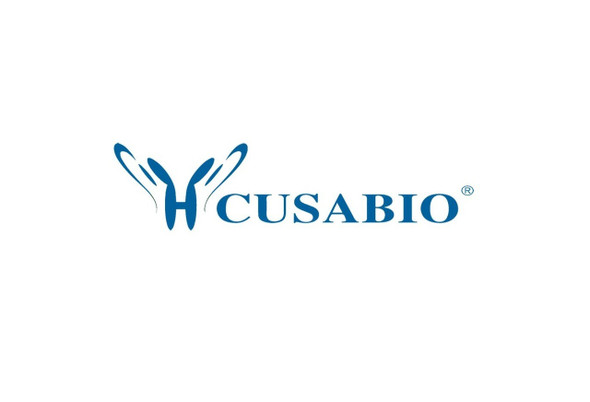Cusabio Polyclonal Antibodies
Phospho-CALM1 (Thr79/Ser81) Antibody | CSB-PA138169
- SKU:
- CSB-PA138169
- Availability:
- 3 to 7 Working Days
- Size:
- 100ul
Description
Phospho-CALM1 (Thr79/Ser81) Antibody | CSB-PA138169 | Cusabio
Phospho-CALM1 (Thr79/Ser81) Antibody is Available at Gentaur Genprice with the fastest delivery.
Online Order Payment is possible or send quotation to info@gentaur.com.
Product Type: Polyclonal Antibody
Target Names: CALM1
Aliases: CALM; CALM1; CALM2; CALM3; CAM
Background:
Calmodulin mediates the control of a large number of enzymes, ion channels, aquaporins and other proteins by Ca2+. Among the enzymes to be stimulated by the calmodulin-Ca2+ complex are a number of protein kinases and phosphatases. Together with CCP110 and centrin, is involved in a genetic pathway that regulates the centrosome cycle and progression through cytokinesis.
Allen D, Fakler B, Maylie J, Adelman JP (2007) J Neurosci 27, 2369-76
Arrigoni G, et al. (2004) Biochemistry 43, 12788-98
Greif DM, Sacks DB, Michel T (2004) Proc Natl Acad Sci U S A 101, 1165-70
Isotype: IgG
Conjugate: Non-conjugated
Clonality: Polyclonal
Uniport ID: P62158
Host Species: Rabbit
Species Reactivity: Human, Mouse, Rat
Immunogen: Peptide sequence around phosphorylation site of threonine79/serine81 (K-D-T (p) -D-S (p) -E-E) derived from Human Calmodulin .
Immunogen Species: Human
Applications: ELISA, WB
Tested Applications: ELISA, WB;WB:1:500-1:1000
Purification Method: Antibodies were produced by immunizing rabbits with synthetic phosphopeptide and KLH conjugates. Antibodies were purified by affinity-chromatography using epitope-specific phosphopeptide. Non-phospho specific antibodies were removed by chromatogramphy using non-phosphopeptide.
Dilution Ratio1: ELISA:1:2000-1:10000
Dilution Ratio2: WB:1:500-1:1000
Dilution Ratio3:
Dilution Ratio4:
Dilution Ratio5:
Dilution Ratio6:
Buffer: Rabbit IgG in phosphate buffered saline (without Mg2+ and Ca2+), pH 7.4, 150mM NaCl, 0.02% sodium azide and 50% glycerol.
Form: liquid
Storage: Upon receipt, store at -20°C or -80°C. Avoid repeated freeze.
Initial Research Areas: Cell Biology
Research Areas: Cancer;Cell biology;Tags & Cell Markers;Metabolism;Signal transduction






